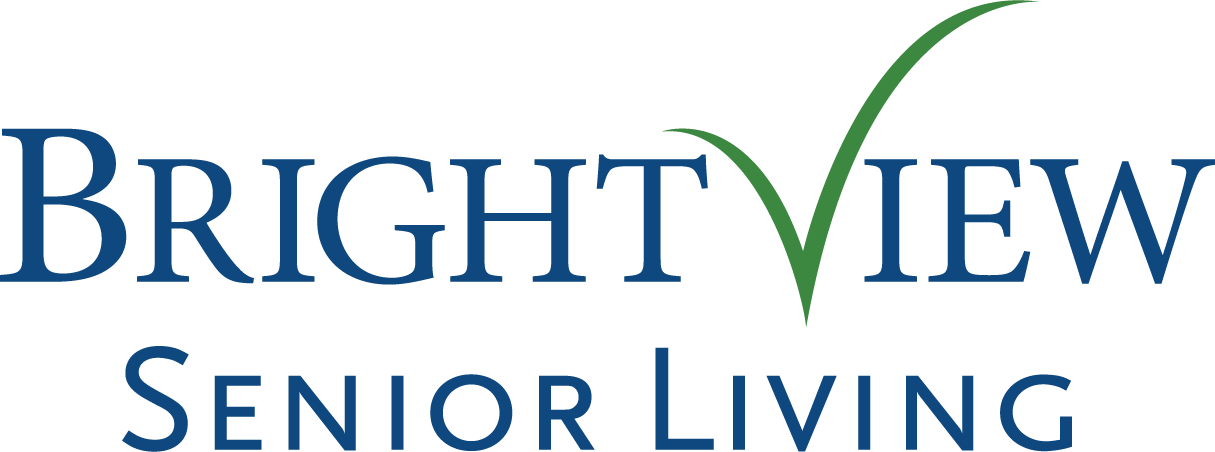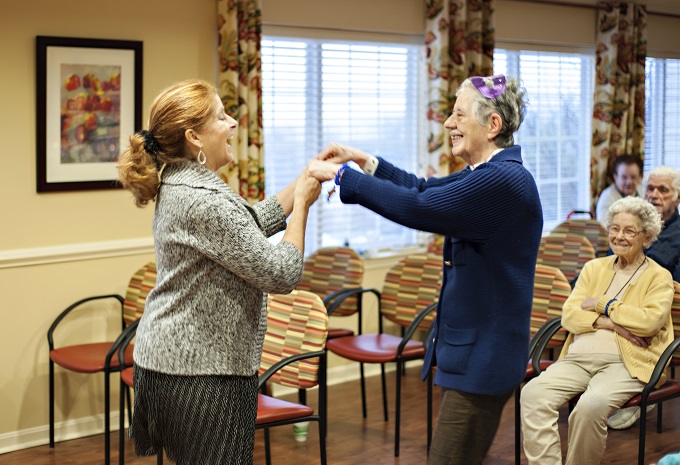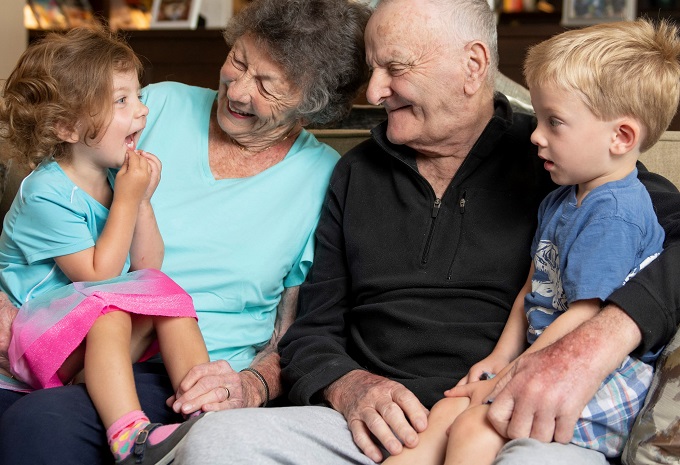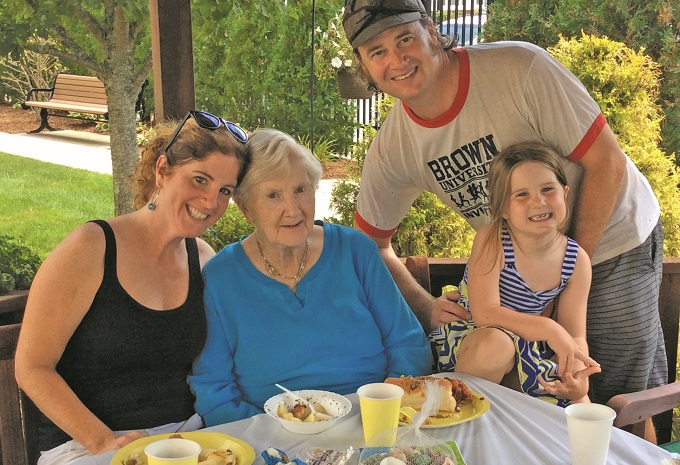5 Questions to Ask When Considering Whether Your Parent Needs the Support of a Senior Living Community
It’s hard to watch our parents get older. As much as we try to visit regularly and pitch in where we can, it seems inevitable that one day mom and dad will need more than we can realistically give — but how do you know when that day arrives?
As you visit your loved ones, ask yourself these questions and be mindful of changes, no matter how small they may initially seem.
1. Are They Struggling to Keep Up With Day-to-Day Tasks?
Brightview Senior living communities provide assistance to residents who need a little extra help seeing to their activities of daily living (ADL), including personal hygiene, dressing, eating, maintaining continence and maintaining mobility. While there are simple ways to manage a single ADL, such as bringing in a housekeeper to clean the bathroom and fold laundry, the need for ongoing support increases as multiple ADLs decline.
It’s crucial to keep open lines of communication and check in with your parents in a supportive, non-confrontational manner so they feel as comfortable as possible opening up when circumstances change. Also look for signs of struggle such as:
- Uncharacteristic hygiene issues like unbrushed hair or teeth
- A cluttered home or a sink full of dishes
- An empty fridge or one with an overflow of outdated/rotted items
- Soiled clothing or undergarments that could indicate problems with continence
- Crumpled clothes, unbuttoned shorts or shoes worn untied
2. How Are Their Eating Habits?
Forgetfulness, lack of transportation and lack of companionship can all contribute to iffy eating patterns. Seniors who live alone may not feel like cooking three meals a day, and as we age, it becomes harder to dash out to the store if we suddenly realize the cupboards are bare.
The elderly are particularly susceptible to malnutrition, making it even more important they're able to consume a balanced diet. Rising blood pressure, the onset of diabetes and other health factors also play a role. If your loved one needs help managing meals or would benefit from on-site meal prep, a senior living community could be just what you’re looking for.
3. Are You Confident They’re Taking Medications as Prescribed?
Many experts include managing medications in their expanded list of ADLs. If your parents’ doctors have prescribed medications, it’s vital those instructions are followed. Accidentally skipping or even doubling up on doses could have serious consequences.
There are other factors to consider as well. The more medications your loved one has to manage, the more difficult it becomes to track refills, avoid conflicting foods and other medications or supplements that could affect efficacy and remember which pills should be taken with food and which require an empty stomach.
Staff members at senior living communities are trained to help residents regulate prescriptions. Depending on the level of care, your loved one may just need a reminder when a dose is due or they may be eligible for more involved care courtesy of an on-site medical professional.
4. Are They Staying Active?
Unfortunately, aging and isolation often go hand in hand when the elderly are left in single-family homes or other living arrangements not conducive to socialization. This isn't the case in senior living communities where residents have access to a wide range of activities including everything from arts and crafts to fitness classes.
Some studies suggest elderly people who exercise could live an average of five years longer while research from the National Institution on Aging found a positive correlation between social interaction and health. Give your parents an opportunity to participate in game night or learn how to salsa and they may just reap a bevy of surprising benefits.
5. How Is Their Mobility?
Arthritis and other physical limitations are often associated with decreased mobility, but sensory deficits such as declining vision and hearing impairment can also make it more taxing for our loved ones to get around. There are varying types of mobility, too. Are your parents struggling to get up and down the stairs to do laundry or head to bed, or can they get around the house okay but find themselves unable to run errands or complete routine cleaning tasks?
Learn to spot key signs of mental, physical and emotional decline and you could get your loved ones into a senior living community earlier, giving them the environment and amenities they need to thrive. For more information about Brightview Senior Living and everything we have to offer our valued residents, contact a local community today.






